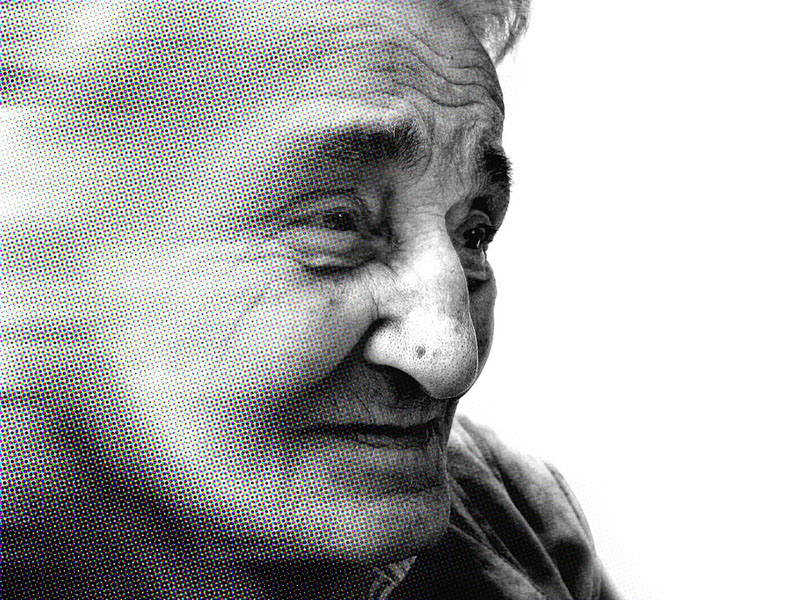 Alzheimer
Alzheimer
Alzheimer's drug hailed as breakthrough
London: The first drug to slow the destruction of the brain in Alzheimer's has been heralded as momentous.
The research breakthrough ends decades of failure and shows a new era of drugs to treat Alzheimer's -- the most common form of dementia -- is possible, BBC reported.
Yet the medicine, lecanemab, has only a small effect and its impact on people's daily lives is debated.
And the drug works in the early stages of the disease, so most would miss out without a revolution in spotting it, the BBC said.
Lecanemab attacks the sticky gunge -- called beta amyloid -- that builds up in the brains of people with Alzheimer's.
For a medical field littered with duds, despair and disappointment, some see these trial results as a triumphant turning point.
Alzheimer's Research UK said the findings were "momentous".
One of the world's leading researchers behind the whole idea of targeting amyloid 30 years ago, Prof John Hardy, said it was "historic" and was optimistic "we're seeing the beginning of Alzheimer's therapies", the BBC reported.
Prof Tara Spires-Jones, from the University of Edinburgh, said the results were "a big deal because we've had a 100 per cent failure rate for a long time".
Currently, people with Alzheimer's are given other drugs to help manage their symptoms, but none change the course of the disease.
(With UNI inputs)
Support Our Journalism
We cannot do without you.. your contribution supports unbiased journalism
IBNS is not driven by any ism- not wokeism, not racism, not skewed secularism, not hyper right-wing or left liberal ideals, nor by any hardline religious beliefs or hyper nationalism. We want to serve you good old objective news, as they are. We do not judge or preach. We let people decide for themselves. We only try to present factual and well-sourced news.






